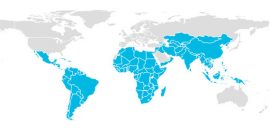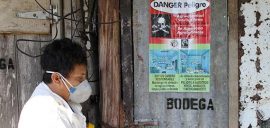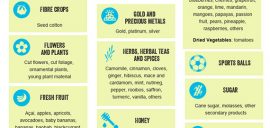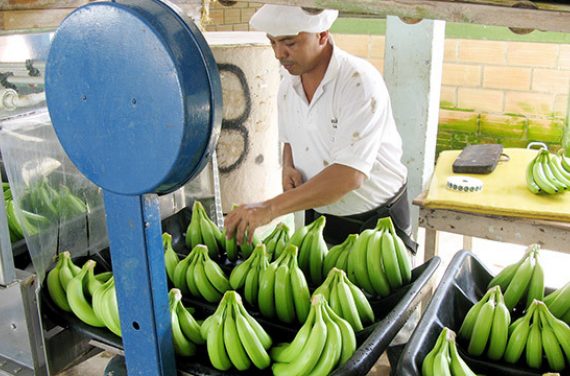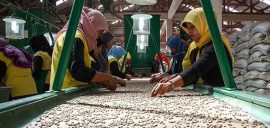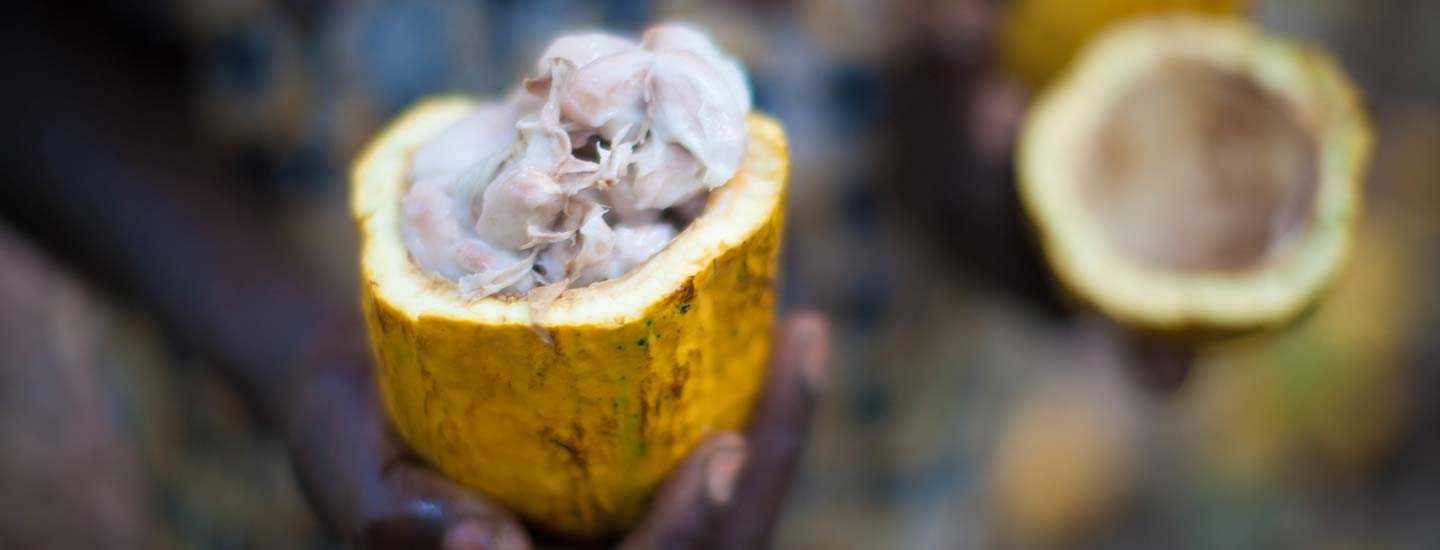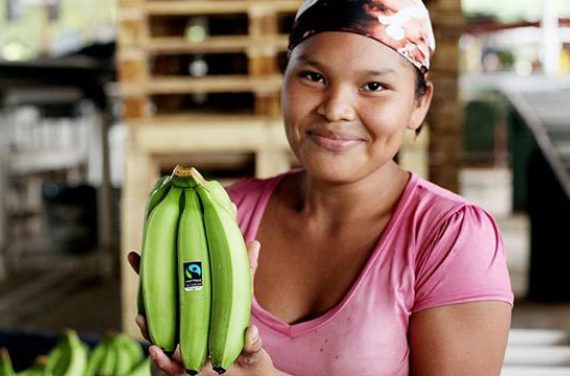
Introducing the Fairtrade Standards
Fairtrade Standards are designed to support the sustainable development of small producer organizations and agricultural workers in developing countries.
The Fairtrade Standards incorporate a holistic blend of social, economic and environmental criteria.
The standards contain both core requirements and development requirements aimed at improvements that benefit producers and their communities.
Traders are also covered by the standards, underscoring the commitments companies and businesses must make to contribute to sustainability in their supply chains and operations.







